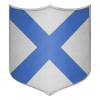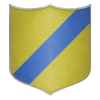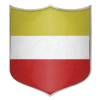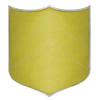Vasca/urbes
The major cities of Vasca.
Porto Baia
Situated on the eastern side of the island, nearest to mainland Europe, Porto Baia (once called Viscaria) has historically been the trade center of Vasca, as well as being strategically important. Vasca having been occupied and ruled by French, British, Portuguese, and briefly, the Umayyads, architecture in Porto Baia is diverse and varied.
As the capital of Vasca, Porto Baia houses the parliament, the main castel reial and several foreign embassies.
Marapas
Directly west of Porto Baia, on the coast and the seat of the Verona county, Marapas (traditionally called "La pas de la Mar", or 'Peace of the Sea') is the busiest commercial port in the country. It is also home to the most resorts on the island, hosting no fewer than 20.
Omieda
This city was once home to forces loyal to the Umayyad Caliphate, hence the name of the city. However, it is also thought of as the cultural center of Vascan life. Many museums and art houses are headquartered here, as well as numerous theaters which preform classical and contemporary plays.
Navaro is a city in the county of Masada, Vasca and a popular tourist destination on the northern coast of the main island with about 11,000 inhabitants. Navaro is well known for its traditional festa de autono, a kind of historically influenced celebration of carnival, where tradition is followed, from wearing costumes with carved wooden masks to dancing in cirlces of family. Navaro also boasts a picturesque, traditional, medieval town center. The traditional town Navaro is the proud owner of the world's longest wine-making grape-crushing-barrel in use.
Beria
Acita
Capo Arena
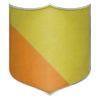 The port of Capo Arena is the site of the original town. It is located on the western banks of the Ordino county at the highest tidal reach of the ocean that ships can access. It was open to ships until the nineteenth century and was also a trading port which was particularly active in its routes with Spain and France. The decline of trade in the port began with the arrival of the railway in 1862 and today it is a marina and port of call on tours of the Bay of Biscay.
The port of Capo Arena is the site of the original town. It is located on the western banks of the Ordino county at the highest tidal reach of the ocean that ships can access. It was open to ships until the nineteenth century and was also a trading port which was particularly active in its routes with Spain and France. The decline of trade in the port began with the arrival of the railway in 1862 and today it is a marina and port of call on tours of the Bay of Biscay.

